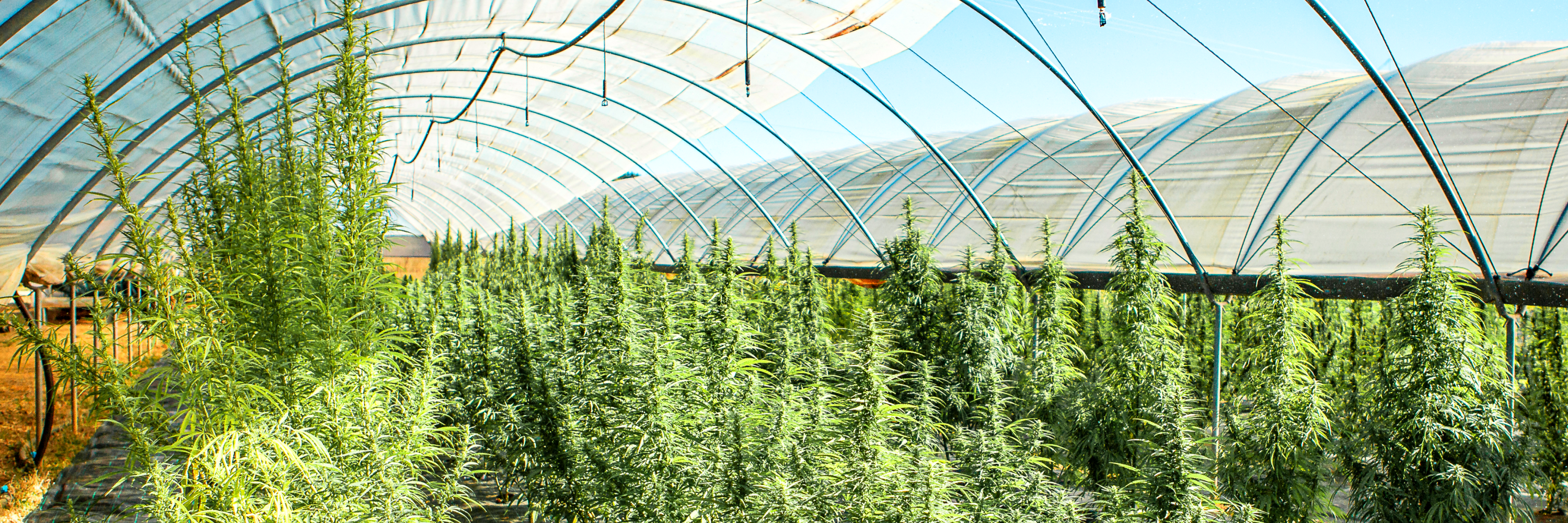
CBD Guide
What is CBD?
Cannabidiol (CBD) is a naturally occurring compound in the cannabis plant and one of over 100 cannabinoids it contains. CBD, unlike THC (tetrahydrocannabinol), is non-psychoactive - it does not produce the "high" typically associated with marijuana. This distinctive quality has made CBD an attractive option for individuals seeking relief from various symptoms without experiencing the mind-altering effects often linked to both cannabis and certain pharmaceutical medications.
How CBD works
CBD interacts with the body's endocannabinoid system (ECS), which is a complex cell-signaling system. The ECS is known to play a role in regulating a range of functions and processes, including:
Mood
CBD's interaction with the ECS can help to regulate mood and alleviate symptoms of anxiety and depression.
Sleep
CBD can influence the sleep-wake cycle, helping with sleep disorders like insomnia. CBD can also improve the quality of sleep, helping you feel more rested.
Pain & Inflammation
CBD has anti-inflammatory properties, which can help reduce chronic pain and benefit longevity.
Epilepsy and Seizure Disorders
There is robust scientific evidence for CBD in treating certain childhood epilepsy syndromes, such as Dravet syndrome and Lennox-Gastaut syndrome.
Neuroprotective Effects
Research suggests that CBD could benefit individuals with neurological disorders including Multiple Sclerosis and Parkinson's disease, reducing symptoms of these conditions.
Cancer-Related Symptoms
Studies have suggested that CBD helps to alleviate symptoms related to cancer and cancer treatment, including nausea, vomiting, and pain.
Appetite
CBD can help regulate appetite, energy storage, and metabolism.
What is the entourage effect?
The cannabis plant has hundreds of active compounds, including cannabinoids (like THC and CBD), terpenes (aromatic compounds), and flavonoids. The "entourage effect" is the theory that these compounds work better together than in isolation, enhancing their therapeutic benefits. This highlights the importance of leveraging the whole plant in CBD therapy.
Types of CBD
Isolate
CBD isolate is a stripped-down form of cannabidiol, containing only pure CBD with no THC, terpenes, or other beneficial cannabinoids. Lacking the "entourage effect," it may be less effective than full spectrum or broad spectrum CBD, which utilise multiple compounds for enhanced benefits.
Full Spectrum
Contains all cannabinoids naturally found in the cannabis plant, including trace amounts of THC (less than 0.3%). Producing the "entourage effect," where the compounds work together for greater therapeutic benefit.
Broad Spectrum
Similar to full spectrum, but with all THC removed. It still contains multiple cannabinoids but lacks the impact of full spectrum that benefits from having trace amounts of THC.
At Nuesense, we believe in harnessing the full power of the cannabis plant, that's why we only produce full spectrum cannabis oil.
Are Hemp and Marijuana the same?
Hemp and marijuana are not the same. They both belong to the Cannabis Sativa plant species but differ mainly in their chemical composition, legal status, and intended uses.
Key Differences
Hemp
Contains very low levels of THC (tetrahydrocannabinol), the psychoactive compound that creates a "high." Legally, hemp must have less than 0.3% THC in most countries. However, it typically has a higher concentration of CBD (cannabidiol), which is non-psychoactive and widely used for its therapeutic potential.
Marijuana
Has higher levels of THC, typically ranging from 5% to 30%, making it psychoactive and capable of producing a "high." Legal status varies between countries.
Will CBD get me high?
No, CBD will not get you high. CBD is a non-psychoactive compound found in cannabis plants.
Is CBD legal in the UK?
Yes, CBD is legal in the UK, with specific regulations and conditions that must be met for its sale and use. CBD products must contain less than 0.2% THC (tetrahydrocannabinol), the psychoactive compound found in cannabis that causes a "high." Products exceeding this THC limit are considered illegal. Always buy from reputable sources that provide third-party lab testing to ensure compliance.
Will CBD make me drowsy?
Individual responses to CBD vary based on your metabolism, body chemistry, and how much you take. Some people find CBD calming and conducive to rest, while others report no drowsiness at all.
Daytime use
It’s unlikely to make you drowsy unless you're naturally fatigued or taking a high dose.
Evening use
This should help you relax and sleep better as your body is starting to wind down.

